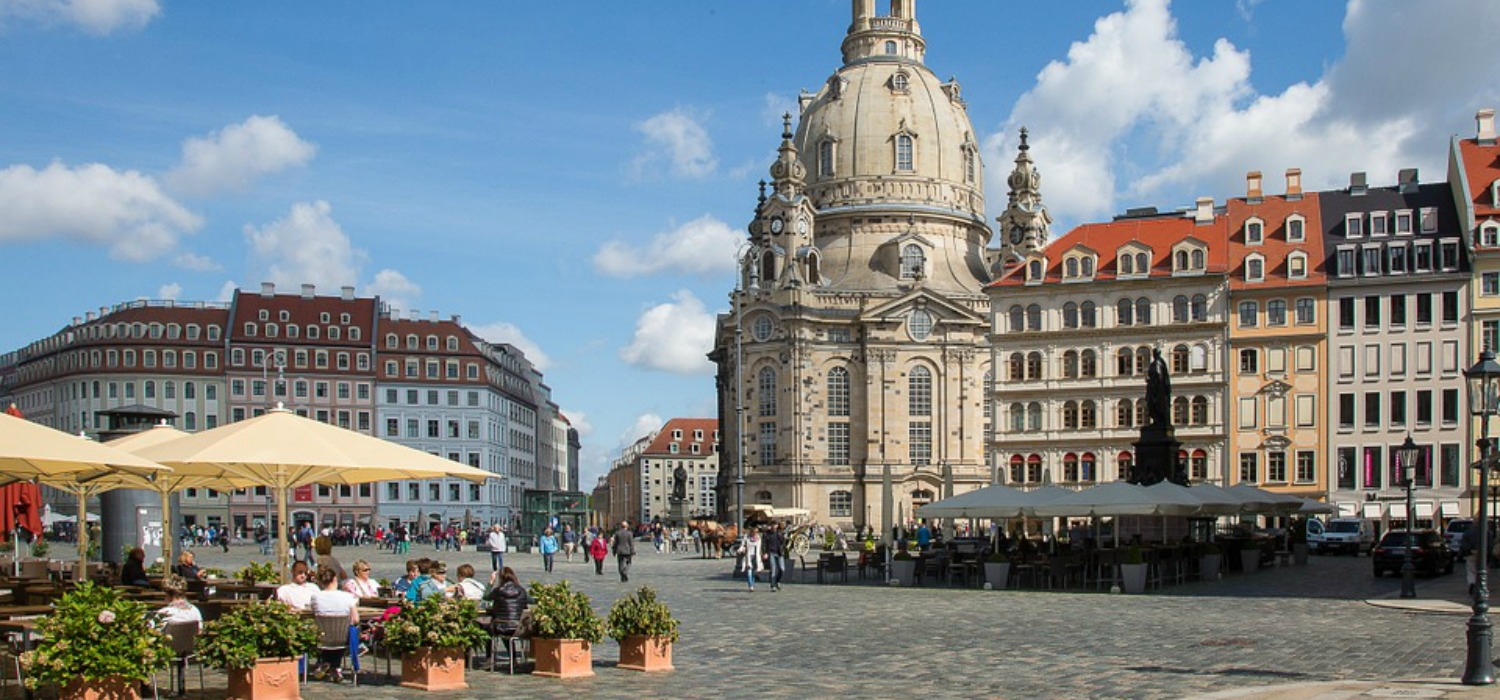German unification is a critical issue to the future of Europe. The process of German unification will entail finding solutions to many of the problems the Eastern community will face as they work to integrate into the common European home.
The unification process makes it necessary to devise a framework for the input of other nations. This hearing hopes to provide policies directed towards the easing the process of unification.







